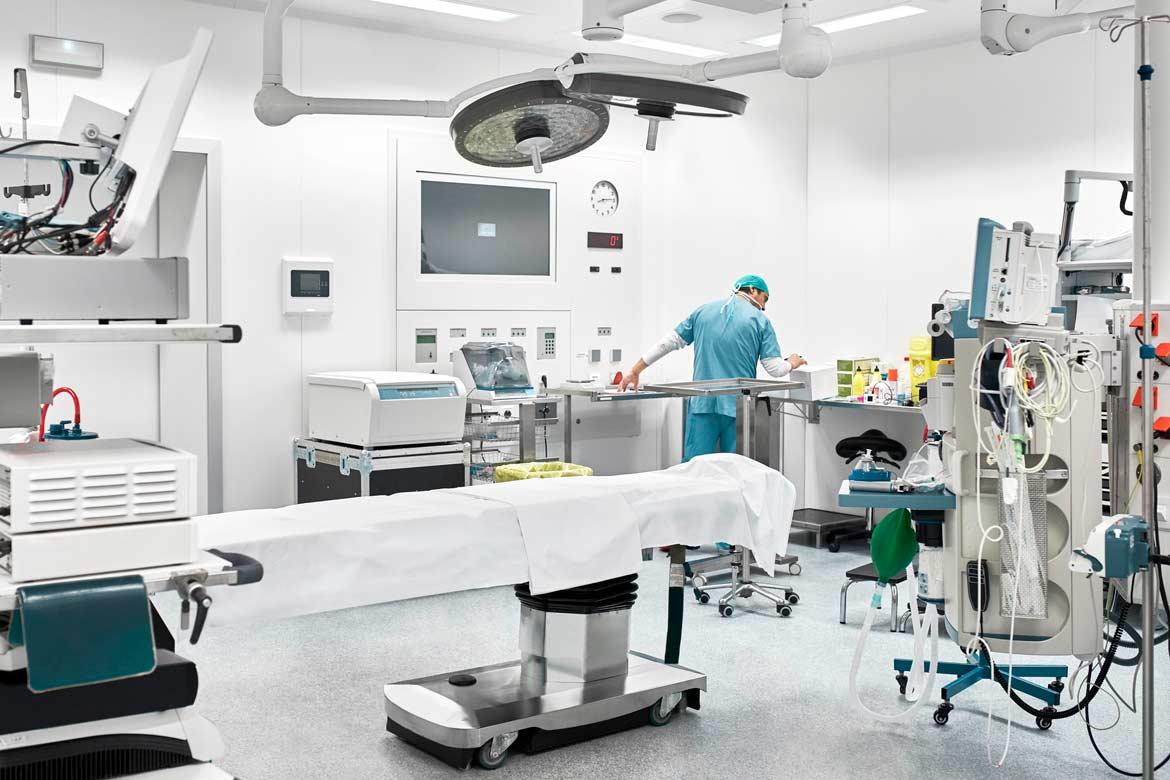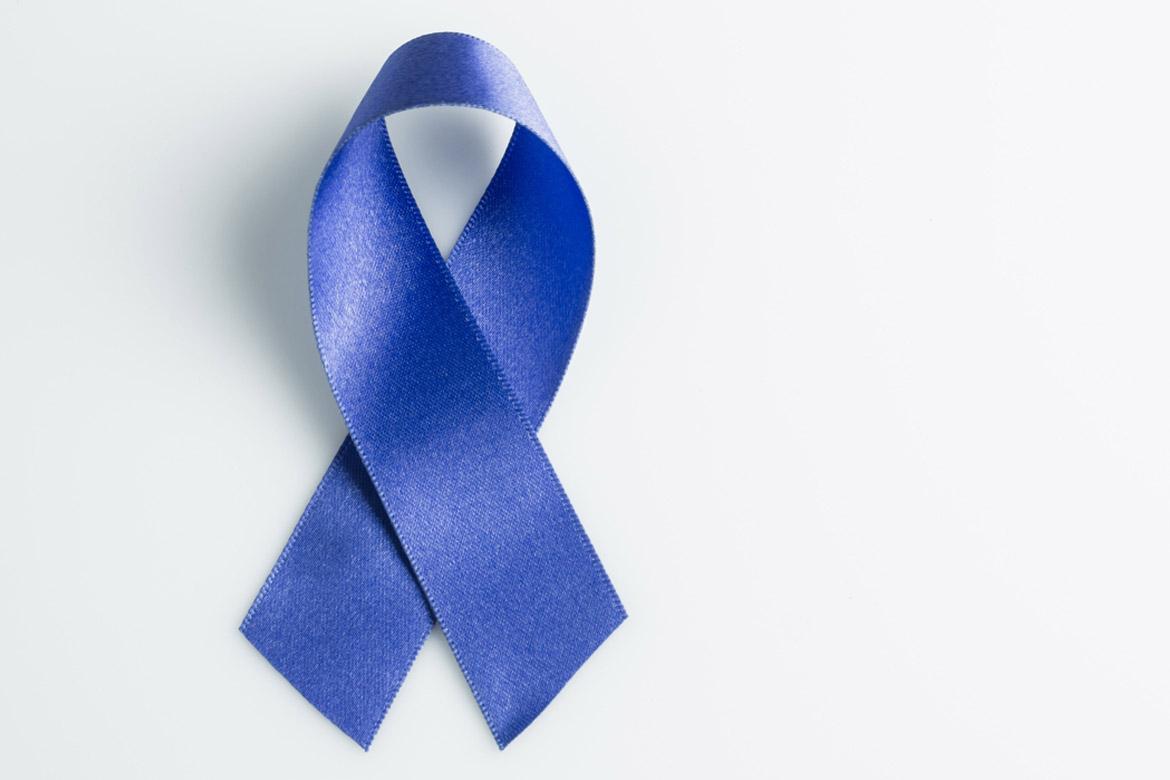-
-
Featured Care Areas

Colorectal Cancer
What is colorectal cancer?
Colorectal cancer, or colon cancer, is an abnormal growth in the colon or rectum (bowel). The colon is the longest part of the large intestine while the rectum is the passageway connecting the colon to the anus.
Most colorectal cancers begin as a polyp (a benign or non-cancerous growth on the lining of the colon or rectum) that develops into a cancerous growth.
Stages of colorectal cancer
Colorectal cancer progresses from stages 0 to IV, and may recur after treatment.
- Stage 0: The earliest stage, when the cancer is still within the inner layer of the colon or rectum. It is also known as carcinoma in situ.
- Stage I: The cancer has grown through the inner layer but has yet to spread beyond the wall of the colon or rectum.
- Stage II: The cancer has grown through the wall of the colon or rectum.
- Stage III: The cancer has spread and invaded the nearby lymph nodes.
- Stage IV: The cancer has spread to other parts of the body such as the liver, lungs or ovaries.
- Recurrent: The cancer has returned after treatment.
What are the symptoms of colorectal cancer?
The symptoms of colorectal cancer depend on the location of the cancer, how advanced it is, and how it affects nearby organs and tissues.
As symptoms of colorectal cancer often do not appear until the cancer has advanced, it is important to have regular colorectal screening to detect them.
The signs and symptoms of colorectal cancer include:
- Change in bowel habits (diarrhoea or constipation)
- Feeling that your bowel does not empty completely
- Feeling very tired all the time
- Finding blood (either bright red or very dark) in your stools
- Finding your stools are narrower than usual
- Frequently having gas pains or cramps, or feeling full or bloated
- Losing weight with no known reason
What causes colorectal cancer?
The exact cause of colorectal cancer is not known, but there are certain risk factors that are linked to the disease.
What are the risk factors for colorectal cancer?
These include:
- Older age – The majority of cases diagnosed with colorectal cancer are above 50 years old.
- Personal history of polyps – Individuals who have had colorectal polyps before have an increased risk for colorectal cancer.
- Personal history of cancer – Individuals who have had colorectal cancer before and women who have had cancer of the ovary, uterus or breast, also face a higher risk.
- Family history of colorectal cancer
- Radiation therapy – Individuals who have received radiation therapy directed at the abdomen for previous cancers have an increased risk.
- Inflammatory intestinal conditions – Chronic inflammatory intestinal diseases such as ulcerative colitis or Crohn’s disease can increase your risk for colorectal cancer.
- High-fat and low-fibre diet – Some studies found an increased risk of colorectal cancer in those who consume a diet high in fat and low in fruits and vegetables.
- Smoking and alcohol consumption
- Sedentary lifestyle
- Obesity
What are the complications and related diseases of colorectal cancer?
Complications and related conditions of colorectal cancer include:
- Bowel obstruction – The blockage of the colon can happen when something prevents the contents of the intestines from passing normally through the digestive tract. If your digestive system comes to a halt, you will not be able to have a bowel movement or pass gas.
- Metastatic cancer – This is where the cancer cells in the colon or rectum can sometimes spread to the liver, lungs, brain, peritoneum (the lining of the abdominal cavity), or to distant lymph nodes. The spread to another organ is called metastatic or stage IV colorectal cancer. Treatment of stage IV colorectal cancer is mostly palliative and its median survival rate is approximately 9 months with the best supportive care.
How do you prevent colorectal cancer?
Although there's no sure way to prevent colorectal cancer completely, there are things you can do to lower your risk.
- Go for regular screening
- Eat more fruits, vegetables and whole grains
- Eat less red meat and processed meats
- Exercise regularly
- Maintain a healthy body weight
- Avoid smoking
- Limit alcohol intake
This page has been reviewed by our medical content reviewers.
Need help?
For enquiries, please call
+65 6250 0000 (Orchard) or +65 6898 6898 (Novena)
For appointment bookings, please WhatsApp
+65 8111 7777 (Orchard) or +65 8111 5777 (Novena)








